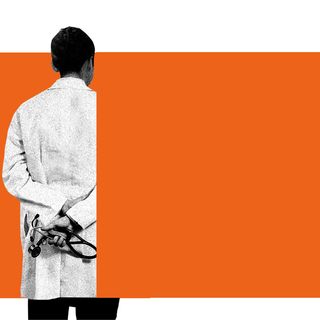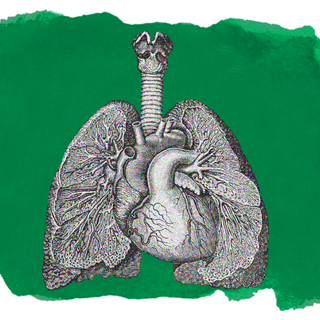There may be a silent epidemic of menopause-related problems playing out, one that demands attention as a public health issue. A recent study found that psychosocial stressors — such as physical or sexual abuse, or financial instability — experienced early in life led to worse menopause symptoms in individuals later.
The research, published this week in the journal Menopause, assessed a cohort of 600 women over the course of two decades. Those who reported physical or sexual abuse observed worse menopause symptoms across all fronts — somatic and psychological. They were also twice as likely to experience worse overall well-being later in life — including experiencing symptoms of anxiety and depression.
Symptoms of menopause include hot flashes, changes in sleep cycles, sex drive, mood changes, and more. The impact of menopause on decreased quality of life is well-documented. As per a 2013 study, menopausal women reported lower health-related quality of life, higher work impairments, depression, anxiety, and joint stiffness than pre-menopausal women. Some studies have even found that menopause changes women’s brain structures.
With menopause already being a life-altering phase, the experience of violence exacerbating symptoms speaks to a crisis of well-being among untold numbers of women.
The link between violence and menopause is biological as well as cultural. Any kind of violence or trauma earlier in life leads to dysregulation in the body’s stress response, as previous studies analyzing the link between violence and menopause observed. Further, according to a 2019 longitudinal study, symptoms of PTSD, intimate partner violence, and sexual assault were associated with a greater risk of “potentially disruptive menopause symptoms” — pointing to the “need for greater recognition of these exposures by clinicians caring for midlife and older women.” There’s also been a link between people experiencing gender-based violence and entering menopause earlier than usual — and this risk spans across generations. “Addressing this issue will require involvement of multiple sectors and necessitate social change, as well as updated policies and education,” noted Dr. Stephanie Faubion, medical director of the North American Menopause Society, about that finding.
A significant limitation of the study is that most of the women involved were White — limiting the findings’ general applicability. But statistics on the levels of abuse that marginalized women go through paint a worrying picture.
Related on The Swaddle:
Work Harassment, Sexual Assault Linked to High Blood Pressure in Women: Study
Here are some worrying stats to put an unrecognized public health crisis into perspective. According to the World Health Organization, one in four women has been assaulted by a partner. In India, sexual assault is among the most common crimes against Dalit women, according to the National Crime Records Bureau (NCRB). Further, one in three Indian women are likely to have been subject to intimate partner violence of a physical, sexual, or emotional nature, and between 2001 and 2018, domestic violence cases have risen by 53%. And of all the people who suffer gender-based violence, more than 98% never seek medical help, according to the National Health and Family Survey
“The uptake of medical care is essential as sexual violence and intimate partner violence have well-documented, long-term physical and psychological consequences. Women, exposed to sexual and physical violence, need immediate medical care to prevent pregnancy, HIV, and sexually transmitted diseases, and mental health support to reduce psychological distress and restore dignity,” said Dr. Himanshu M., Medical Coordinator for Médecins Sans Frontières.
The focus on healthcare in the aftermath of gender-based violence remains limited — even within this, much of the conversation pertains to the immediate aftermath. The long-term impacts are rarely acknowledged or studied, leading to a public inequity in well-being due to systemic neglect.
As things stand, menopause remains a relatively neglected aspect of healthcare that compromises the health of many who go through it as an inevitable part of life. The impact of changing hormone cycles, reproductive functioning, and overall changes in the body that come with menopause aren’t well understood even to date. More research pointing to the link between adverse menopause outcomes due to systemic violence can highlight the healthcare system’s complicity in contributing to an enforced lower quality of life.




